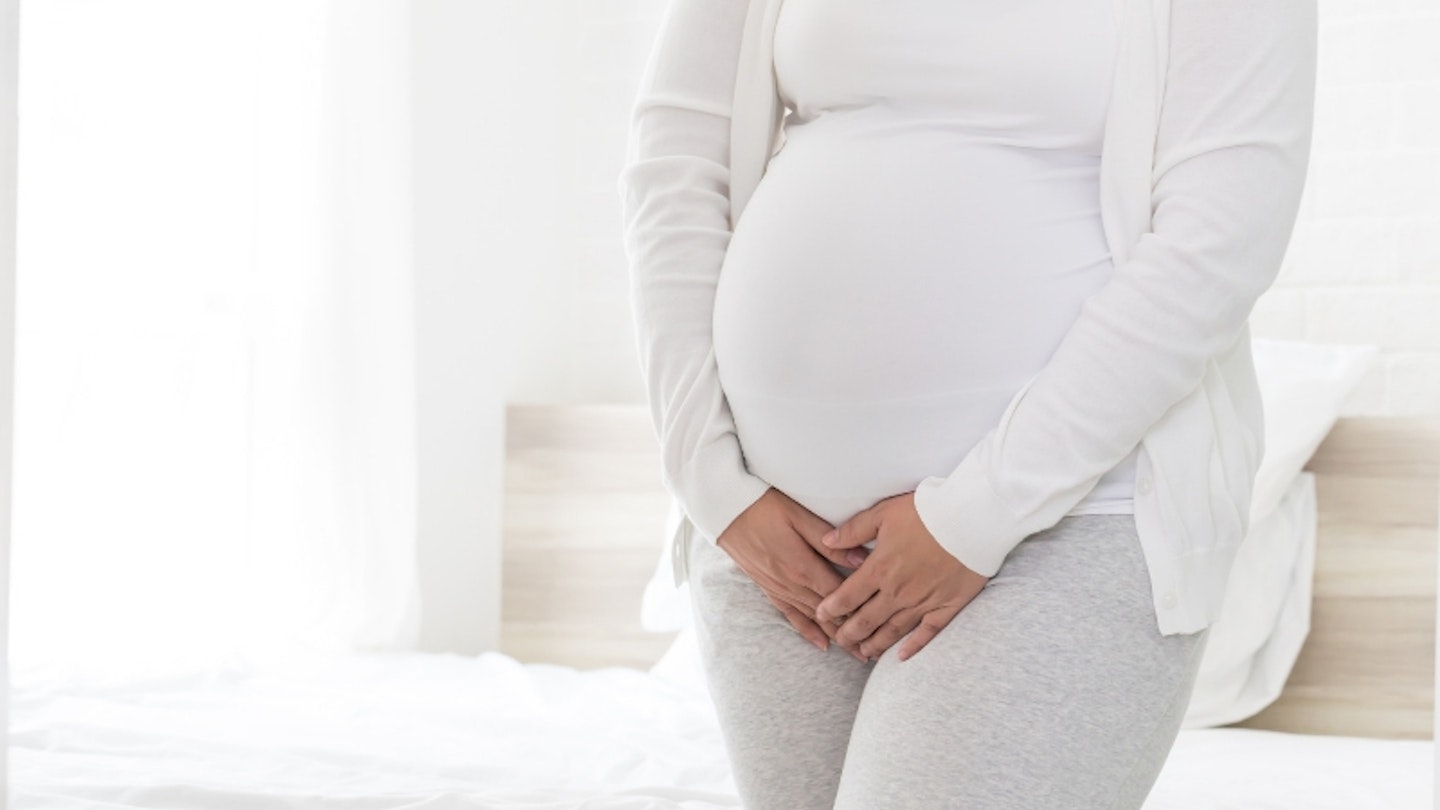When you’re pregnant, a constant need to wee complicates the simplest of daytime tasks, turning a supermarket trip into a frantic trolley dash. If morning sickness, indigestion and tender breasts weren't bad enough, you have to deal with the embarrassment of excusing yourself for the umpteenth time to nip to the loo.
Read more:The early signs of pregnancy
A frenzied hunt for the Ladies can stress even the most relaxed of holidays or days out. Annoyingly, having to wee frequently is one of the most common and earliest signs of pregnancy, because your body has begun the process of several major changes almost immediately. But, what causes frequent urination, when does it occur and what can you do about it?
Why does pregnancy cause frequent urination?
Once you're pregnant, your body undergoes physical and hormonal changes very rapidly. ‘The amount of fluid in your body starts to increase very quickly,’ says Michelle Lyne, a professional advisor for education at the Royal College of Midwives.
This increase in fluid (which also causes swelling) helps to provide the extra blood flow through your placenta, which is necessary to deliver all the oxygen and nutrients to your baby. ‘Hormonal changes then stimulate your kidneys to process all this fluid and get rid of extra waste,’ adds Michelle. ‘The filtered urine is then stored in your bladder, which can accommodate more than a litre of fluid. When your bladder is nearly full, the surrounding nerves send a signal to your brain and trigger the urge to go for a wee.’
So, the first reason behind your incessant need to wee is simply that your bladder is filling up more often. But, it also begins to be squeezed as your uterus, which is the size of a pear at the outset, expands to support the growth and development of your baby.
As well as needing the loo more often, ‘You may also find you’re leaking a little wee if you cough, laugh, sneeze or exercise,’ adds Michelle. ‘This is because pregnancy hormones, particularly progesterone, relax the muscles at the neck of the bladder and cause stress incontinence. The weight of your baby can also put pressure on your pelvic floor, making it more difficult to contract these muscles properly.’
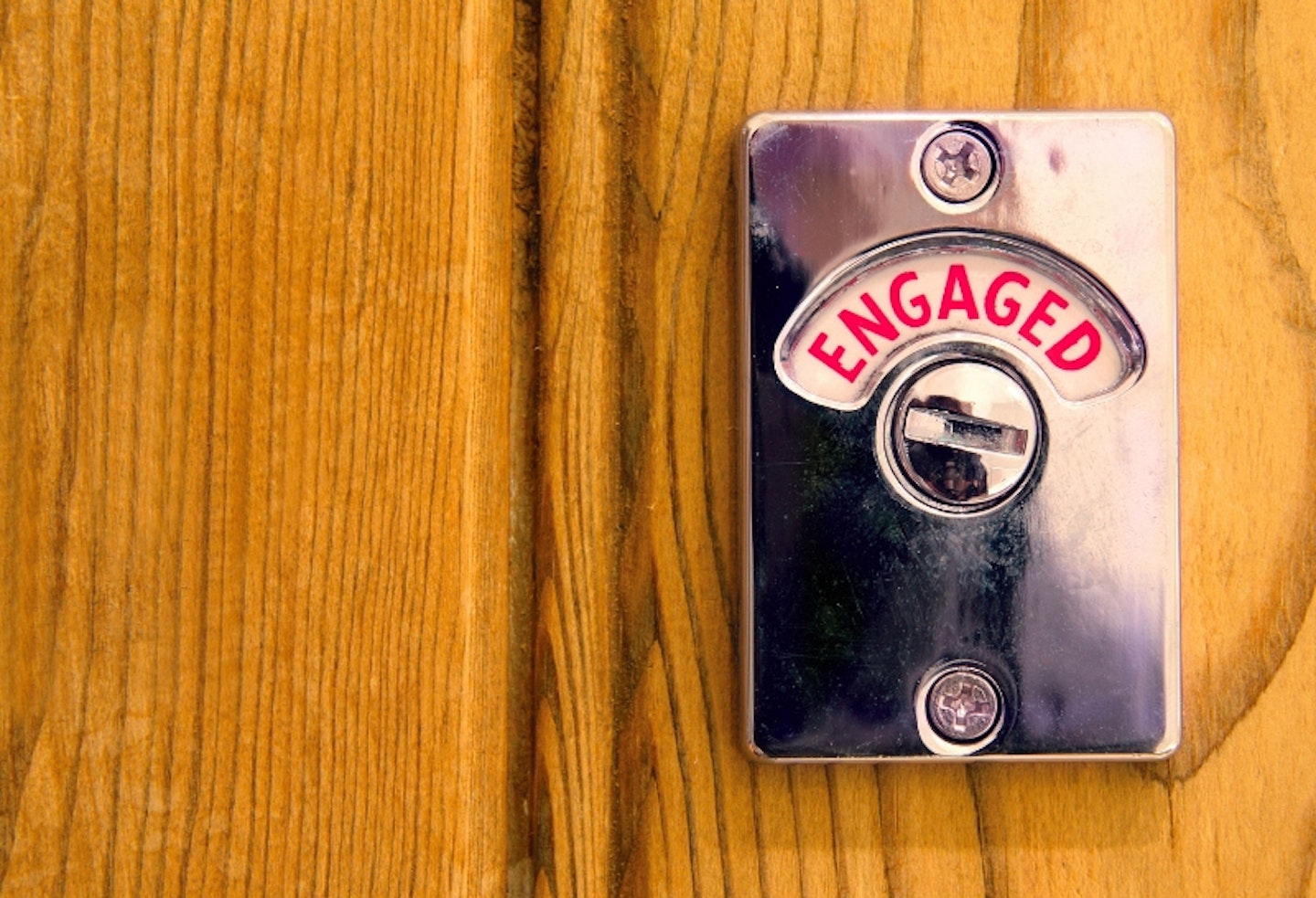
When does frequent weeing in pregnancy occur?
Frequent urination in early pregnancy:
Frequent urination is usually one of the first tell-tale signs of pregnancy which women notice in the first trimester. By the sixth week of pregnancy, the volume of fluid in your blood is already rising, with half as much again as normal by the second trimester. ‘By just 12 weeks, your uterus has grown enough to push your bladder from its usual position in your pelvis,’ explains Michelle.
‘There’s no reduction in the size of your bladder, but its capacity is effectively less as your growing uterus and increasingly heavy baby put extra pressure on it.’ During this initial jostling for position, the sensation of a full bladder will be all too familiar.
Frequent urination in late pregnancy:
For some mums, while things may settle a little in the second trimester, frequent weeing is likely to return in the final months of the third trimester and when you are in the last stages such as 41 weeks pregnant. Again, hormonal changes and a lack of space puts pressure on your bladder. As the hormone progesterone gets you ready for birth, it may relax the muscles and tubes in your urinary tract. This means urine may struggle to pass through, resulting in frequent trips to the toilet but only passing small amounts of urine.
Sometimes the urge to go the toilet is simply caused by the pressure put on your uterus, making it feel full, when it isn't. This is likely to occur most often once you are close to labour as your baby's head will become engaged, causing even more pressure to build up.
Read more: 9 months pregnant: Symptoms and your belly
Luckily, this intense pressure should ease off relatively soon after you give birth to your little one. However, it is not immediate. Initially, your body will produce even more urine as it attempts to get rid of the fluid retained during pregnancy. In the first few days after labour, frequent toilet trips are likely to continue, but, by around five days to a week after birth it should return to normal.
5 ways to deal with frequent urination in pregnancy:
Frequent urination pregnancy
 1 of 5
1 of 51) Keep drinking
Toilet trips at all hours of the day – and night – are a pain, but this is not the time to cut back on how much you have to drink. You have to keep up your water intake to make sure you and your baby are healthy - eight 200ml glasses of fluid a day is the recommended amount.
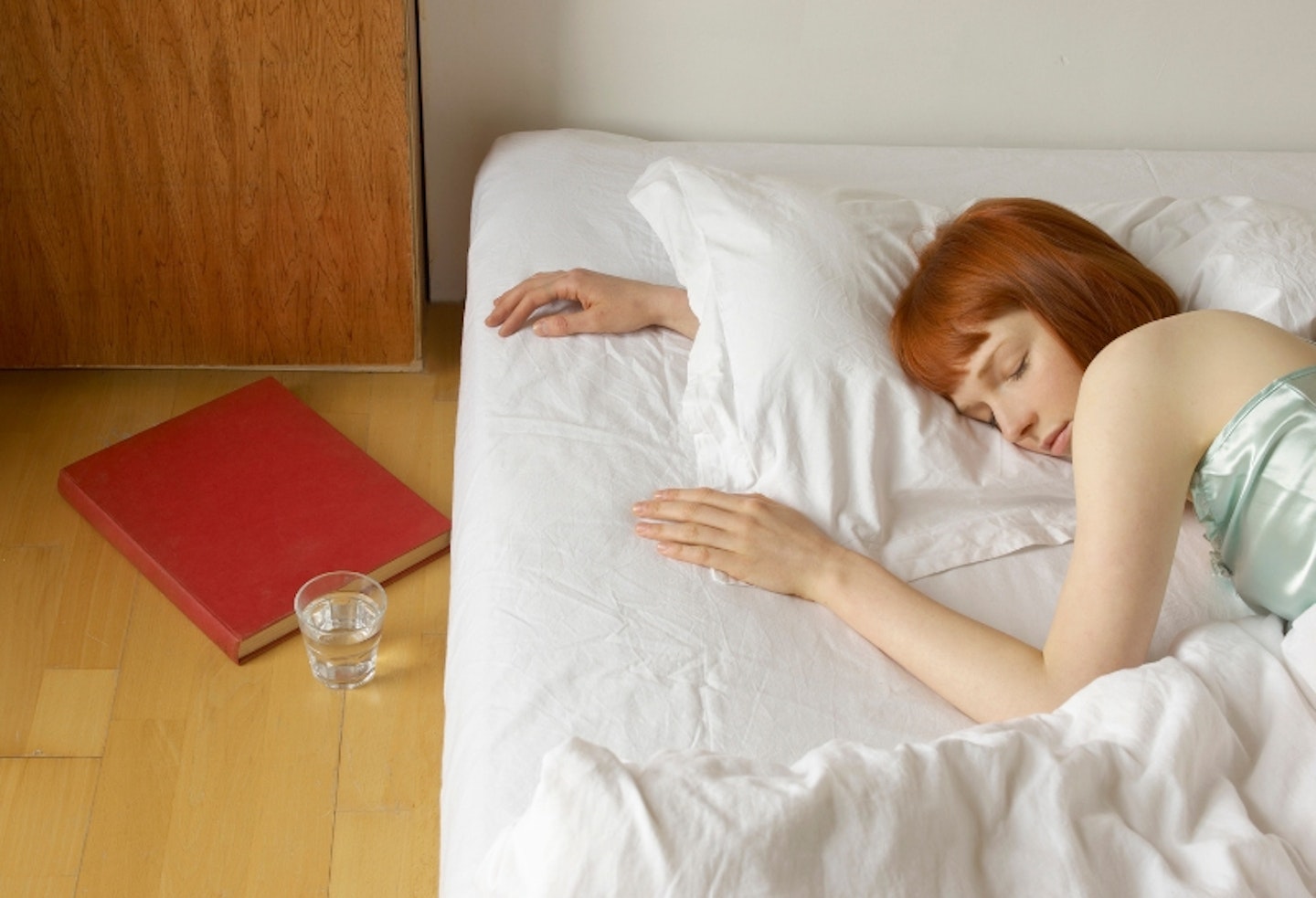 2 of 5
2 of 52) Don't drink just before bed
So, as we said, continue to drink plenty of water, except in the last hour before bed. This will ensure your body fluids circulate instead of sitting in your ankles which causes swelling/oedema. Limiting your drinking just before you sleep should hopefully reduce the number of times you visit the loo in the night too!
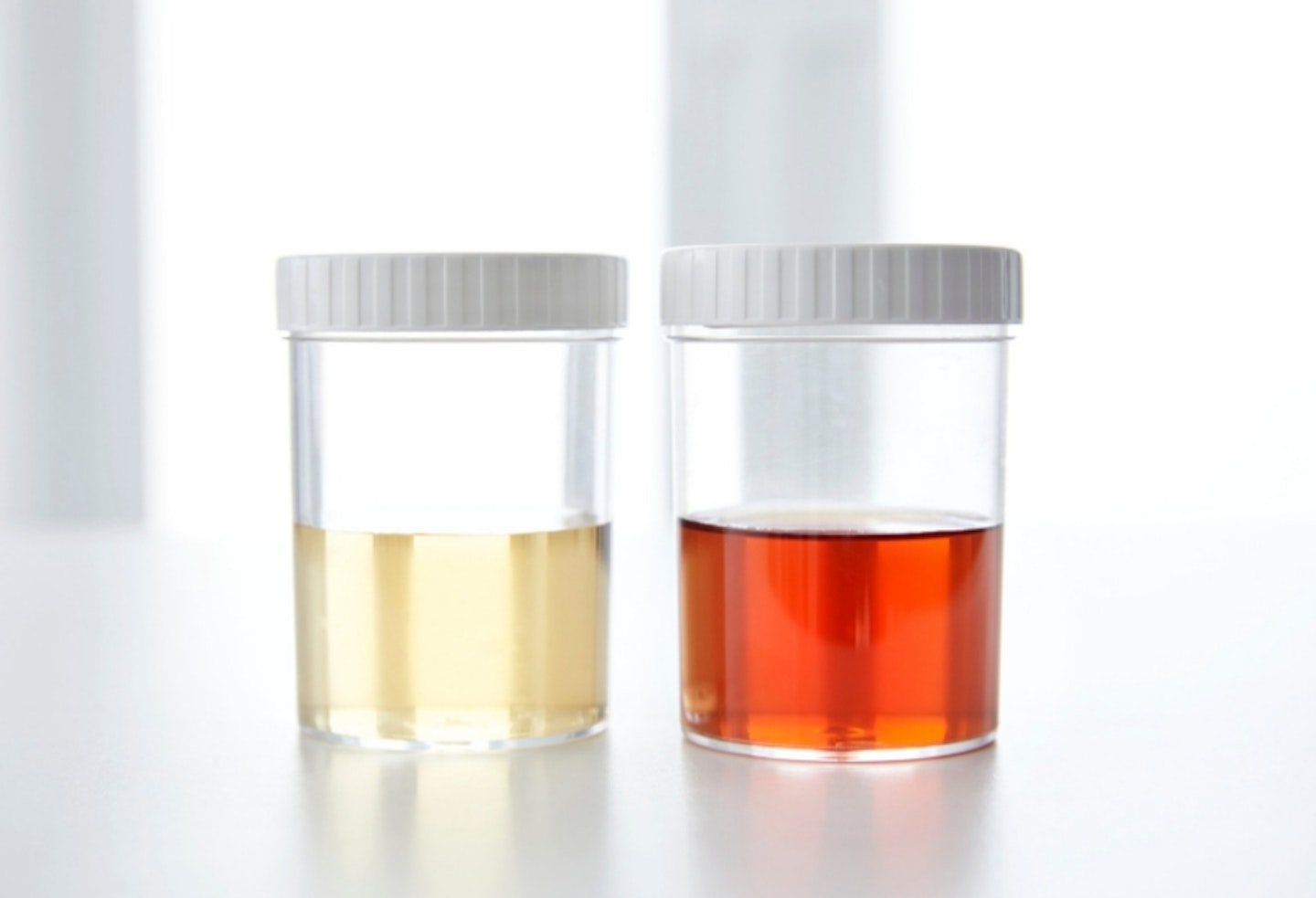 3 of 5
3 of 53) Don't get dehydated
If you're fed up of weeing you probably think if you drink less, you'll wee less! This isn't the case, and reducing water intake can actually make things worse. Your urine should ideally be the colour of pale straw. If it is more of an orange colour this could signal dehydration, which brings an increased risk of infection (especially UTIs/cystitis).
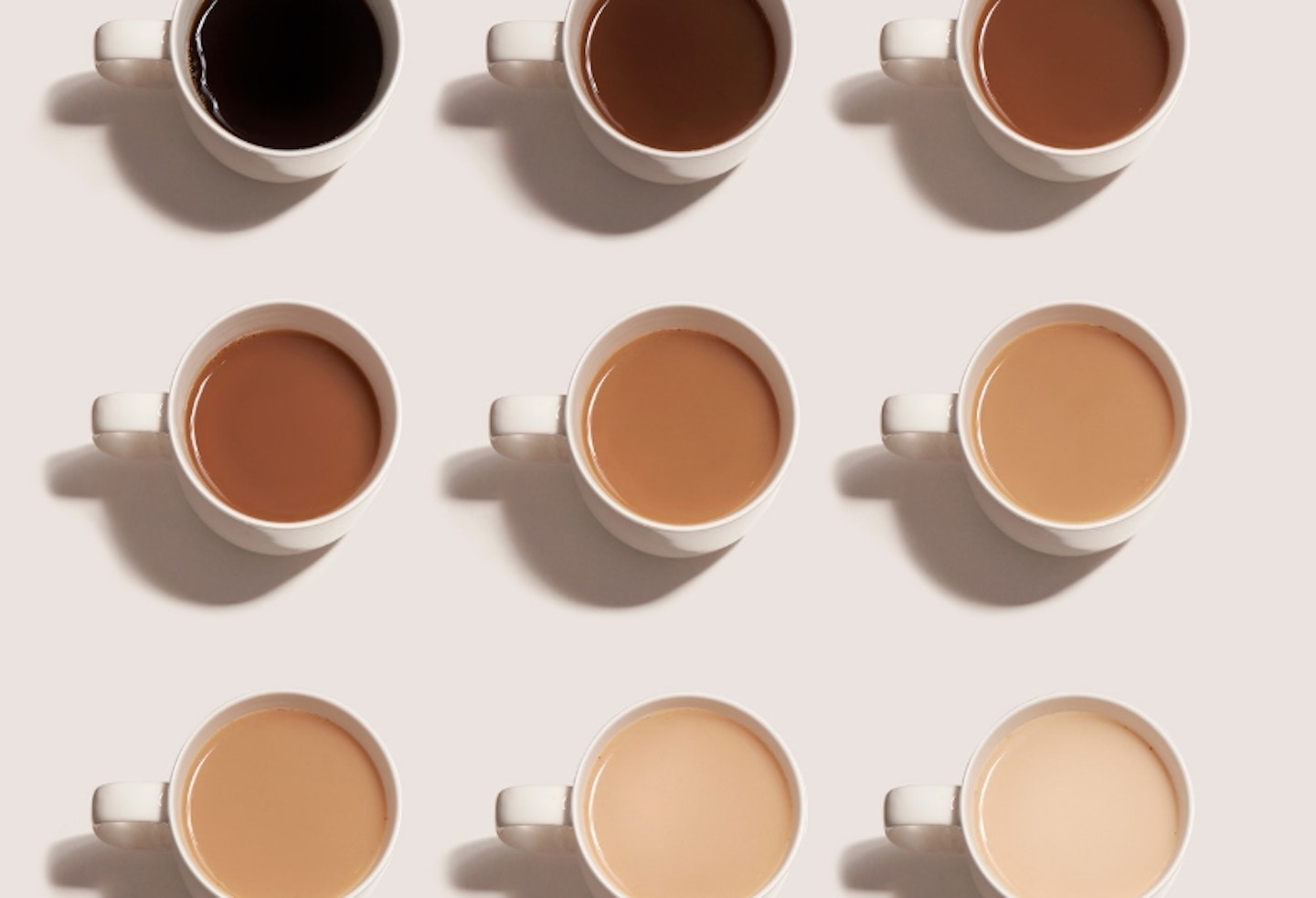 4 of 5
4 of 54) Avoid caffeine
When you're pregnant, it is already important you keep an eye on your caffeine intake from coffee or herbal teas as too much may be harmful to your baby.
Caffeine is a diuretic and it can make you pee more frequently and exacerbate urinary symptoms. A 2011 study in the Urology Annals journal found that, 'caffeine can promote early urgency and frequency of urination' and 'Individuals with lower urinary tract symptom should avoid or be cautious in consuming caffeine containing foodstuffs'.
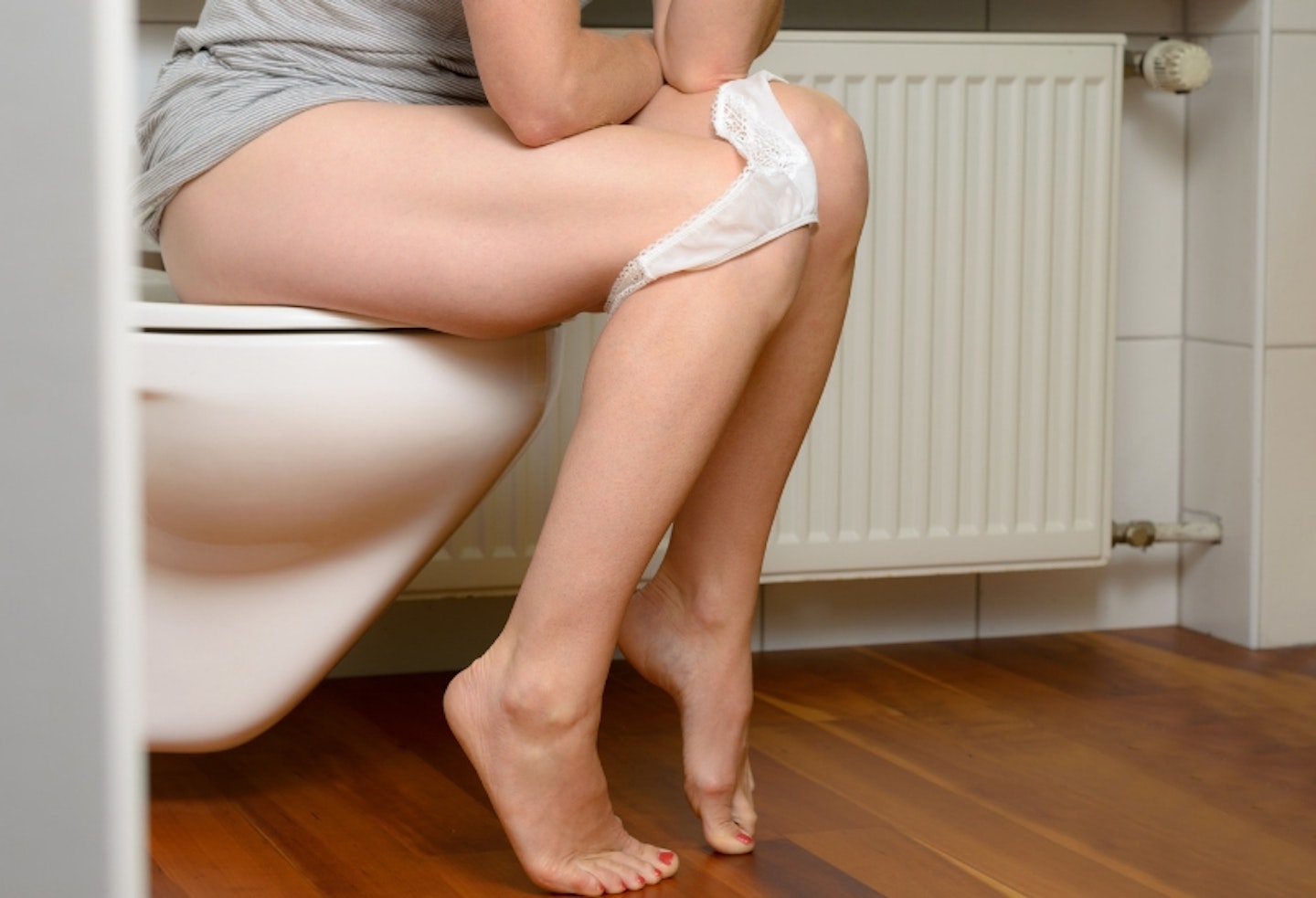 5 of 5
5 of 55) Change position
In the latter stages of pregnancy, if you feel the urge but are struggling to pass urine, try changing position. This area of body is constantly changing and very crowded, especially once your baby's head is engaged, meaning your bladder may have changed shape or position. Rocking back and forward on the toilet should help make it easier for you to wee and find the right position for you.
Is frequent urination normal?
A constant urge to go to the toilet is very common. Generally, frequent urination is nothing to worry about it and it is simply an irritating pregnancy side effectthat you'll have to put up with for nine months.
Michelle explains that ‘There’s usually no reason to worry about how many times you’re visiting the loo, unless it’s accompanied by pain or a burning feeling when you wee. Your urine will be tested for traces of protein or blood every time you visit your midwife, but do be vigilant between visits too.’
Look out for a burning sensation, an unpleasant smell, blood in your urine, lower abdominal pain or a general feeling of being unwell. If you do suffer from any of these symptoms, it may be the sign of a urine infection or something more serious. Contact your GP if you are concerned and do not take any over the counter medication without checking first, as some are unsuitable for pregnant women.
Meet the expert: Michelle Lyne is a professional advisor for education at the Royal College of Midwives.
How to did you deal with frequent weeing in pregnancy? Let us know on Facebook or Twitter!
Make sure you're following Mother & Baby on Instagram for relatable memes, inspiring stories and parenting hacks!
